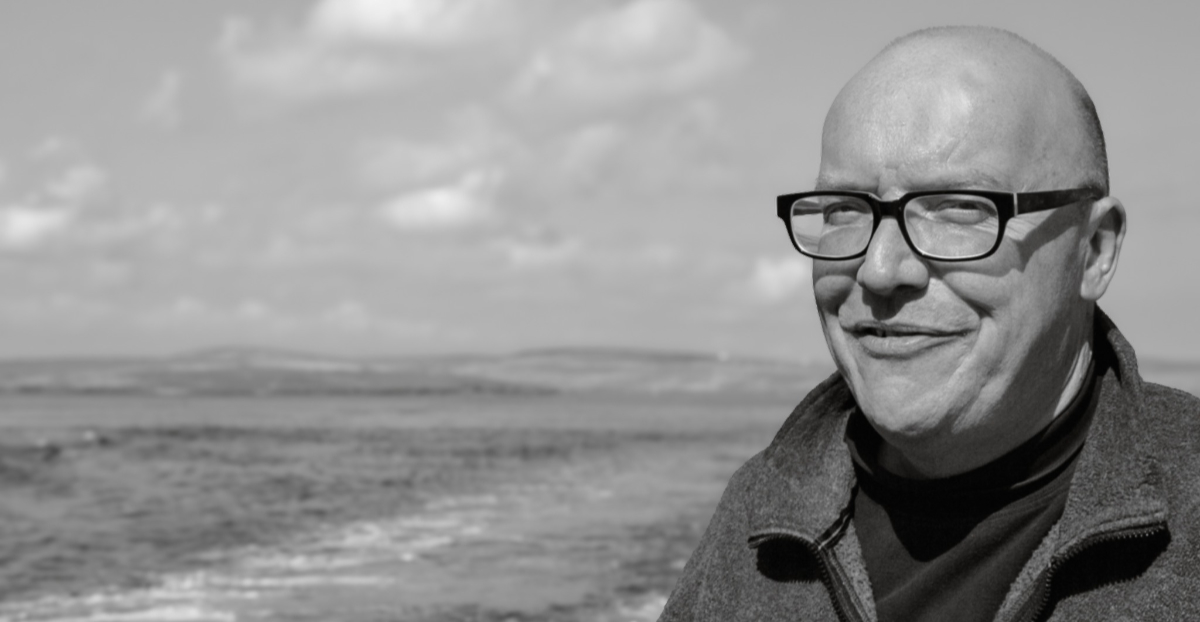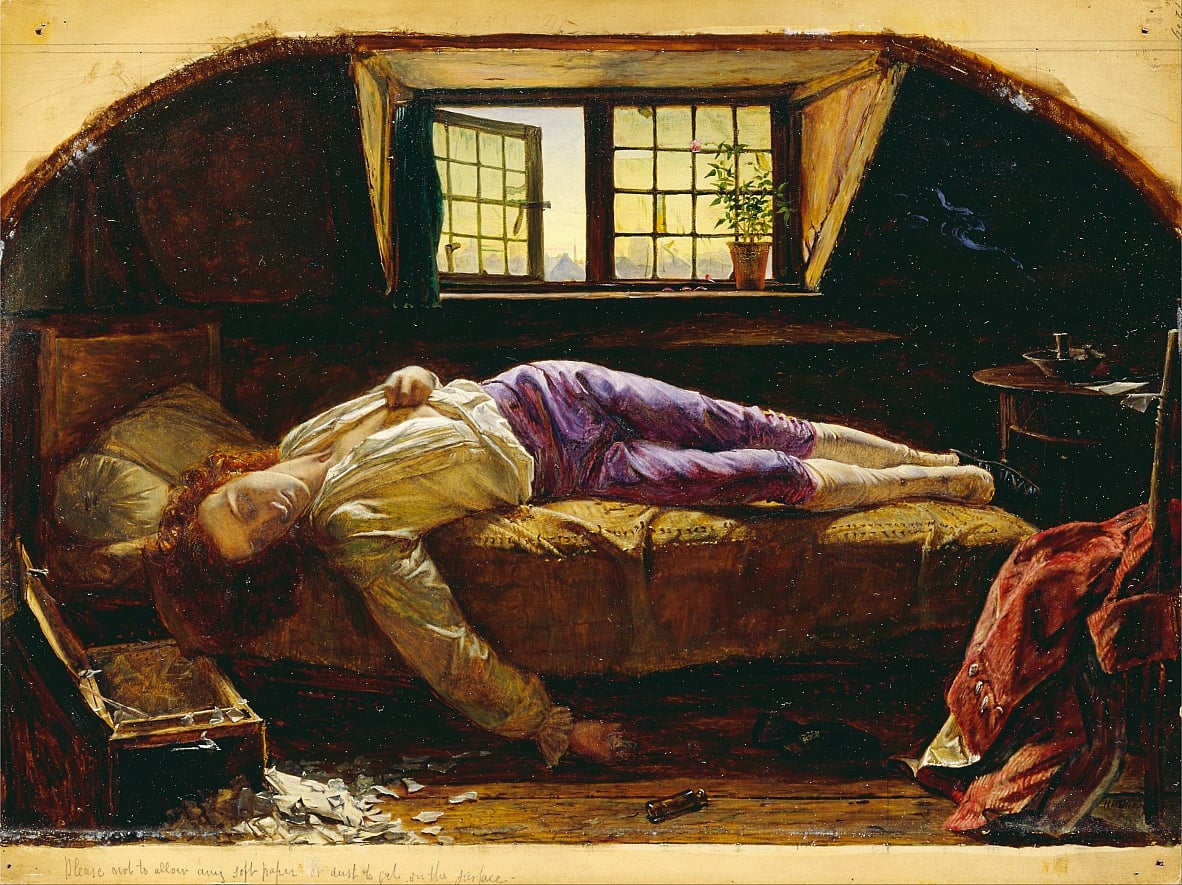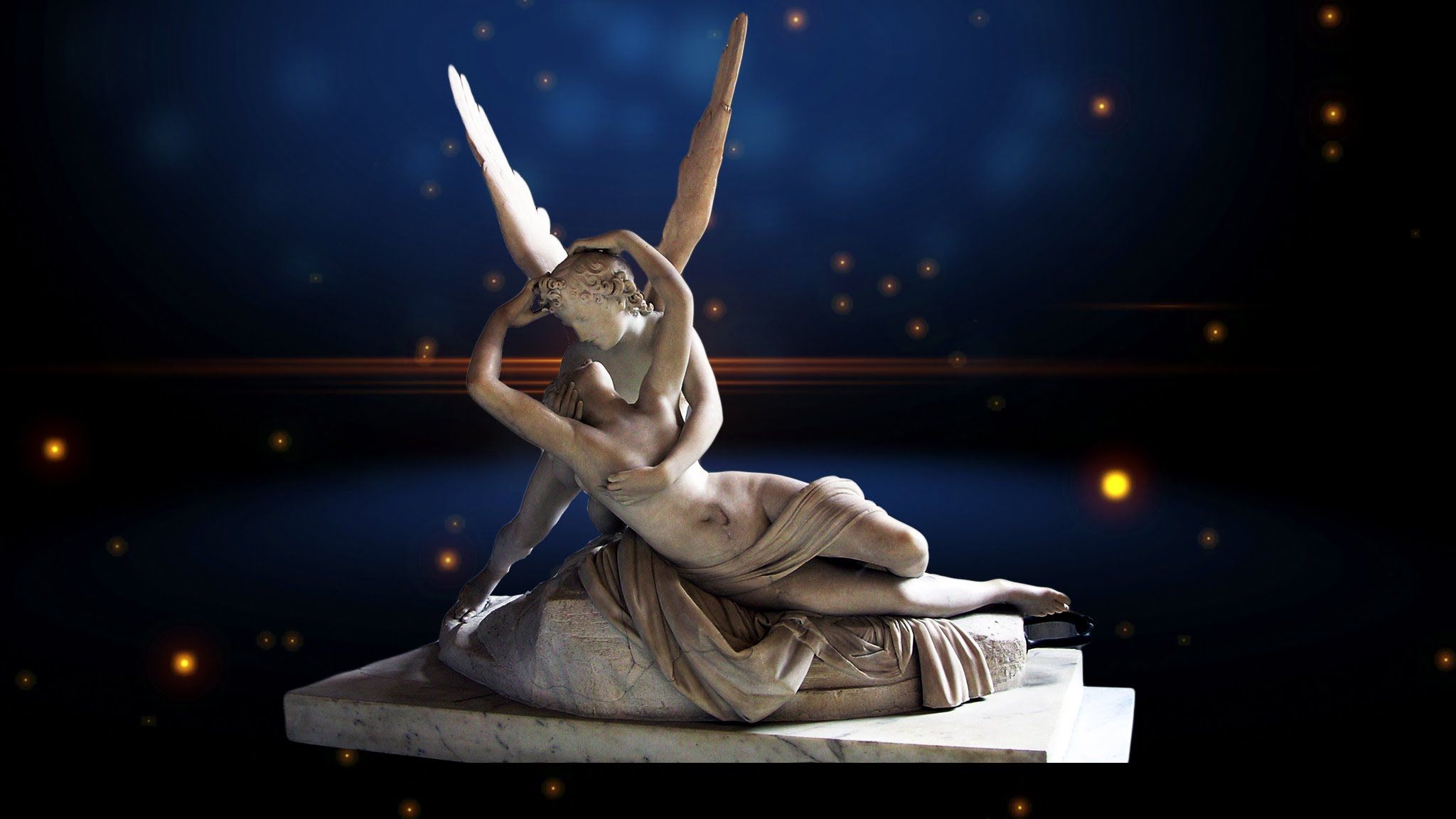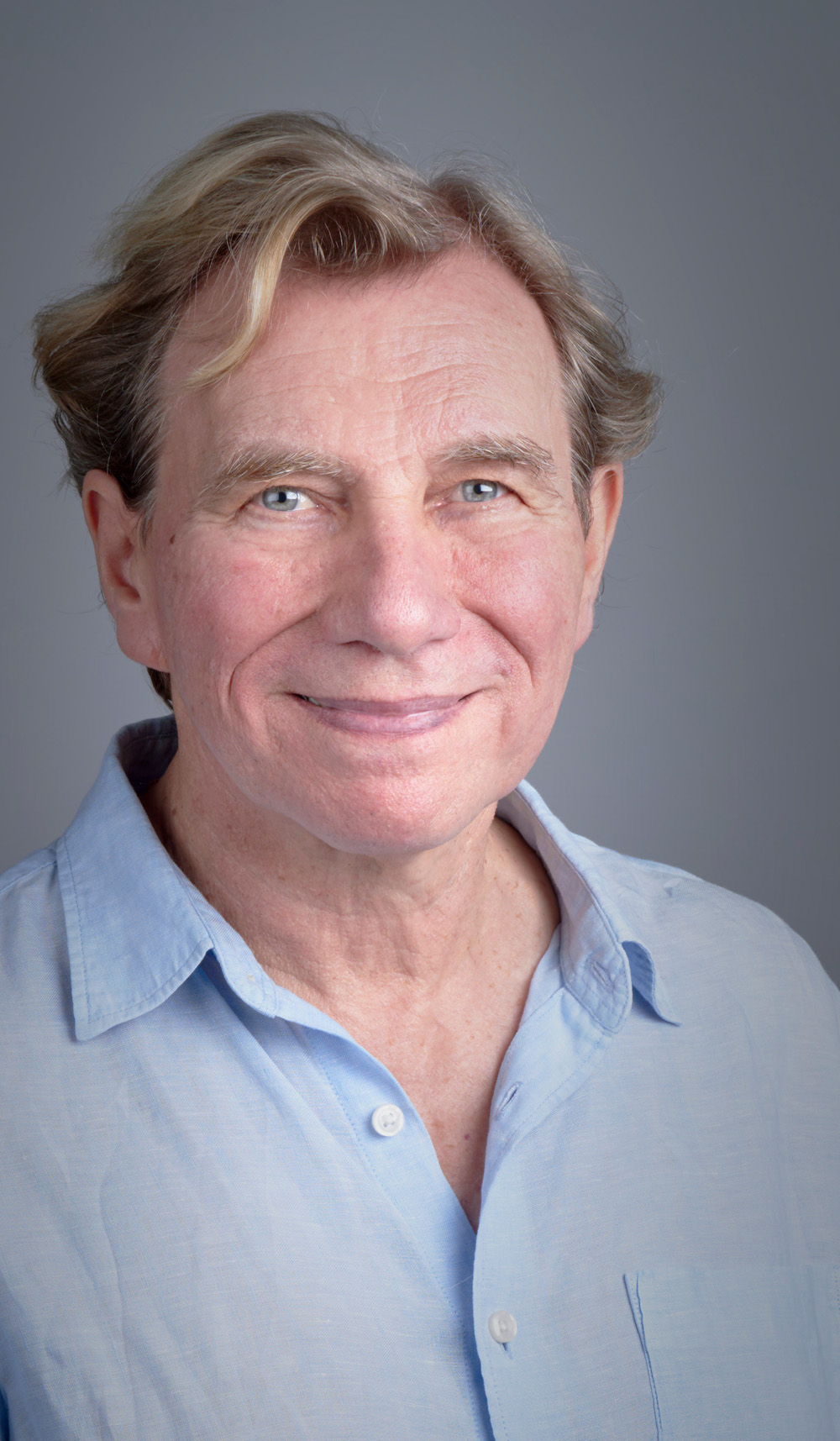It’s not easy to write about pain . . .
After all, there’s something humiliating about it, isn’t there? Whoever you are, there inevitably comes a time in life to bow down and submit to this physical torture your body is suffering which knows no mercy. Pain feels almost shameful. It advertises our vulnerability and mortality. Even animals seem to know this, creeping away to suffer alone. A fox licking a crushed and bloody paw beneath some bush where it cannot be seen.
By middle age, most of us know a little about pain. For women, there’s childbirth, of course, and then there are accidents and injuries, surgery, disease and chronic conditions, and trauma too. All pain feels personal, like a torture technique designed with you alone in mind. I once asked a surgeon how a wound would feel after that day’s procedure. ‘Imagine there’s a long strand of barbed wire inside you,’ he said, ‘and someone is slowly pulling it out through your skin.’ He was remarkably accurate. Pain comes in many colours: aching, acute, referred, grumbling, and everyone’s favourite – breakout pain, the sudden stab that make you gasp and cry out for mercy.
‘No one needs to feel pain these days,’ doctors reassure us. Somehow, though, medication and other measures can struggle to keep up with that jagged line in our bodies screaming out for relief. It is not only the pain which hurts, but the awful awareness that we cannot do anything about it. Like you, perhaps, I have had my moments. Kept awake all night long, turning constantly from side to side, trying to fool myself that one position hurts less than another. Days spent in hospital on a morphine drip, greedily watching the clock until I can press the pump again for another blessed spurt into my bloodstream. These are the times when we crash into the cruel, sharp edges of life at last. How we respond becomes a part of who we are, learning hard lessons in the school of pain.
This is pain, then. Imagine being in utter darkness apart from a point of sharp, bright light in front of you. It hurts intensely, even with eyes closed, yet there is nowhere else to look. It might as well be the spotlight trained on your face by a torturer, or the fierce glow of the blowtorch he is holding. Like nothing else in life, except the sexual climax, pain totally drains awareness of anything else and focuses you exclusively on that one bright and savage point where you hurt. Unlike an orgasm, though, it goes mercilessly on and on. It has a single all-consuming effect – a desperate desire for it to stop.
Pain is personal. It feels like being beaten up by invisible thugs every day. Wherever the hurt is, it shows on your face. Humiliated by the experience, you curl up internally. It becomes difficult to give attention to anything beyond what you are feeling. The world beyond ceases to exist, or at least it hardly seems to matter. You are unresponsive when someone tells you about their day – there’s little sympathy left over for anyone apart from yourself – and then follows the inevitable guilt, making you feel even more cut off from the world, with only your pain for company.
But pain also teaches us that we are embodied beings. Our body and mind suffer as one entity; they are not separate. This at least is a positive discovery, if we can manage to be philosophical and stoic about it. We learn another important and terrible lesson, too: that sometimes we are powerless and have to surrender to what seems unendurable. You must train yourself to let it pass through you, like a wave through water. To do this with as much grace as we can muster seems the most important thing in the world. And then we can wait for that far-off hour when the pain fades away – when it becomes, at last, merely something to write about.




